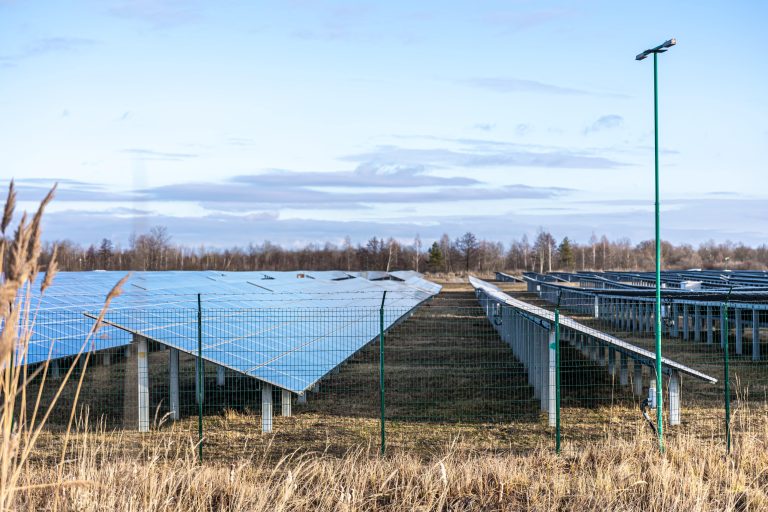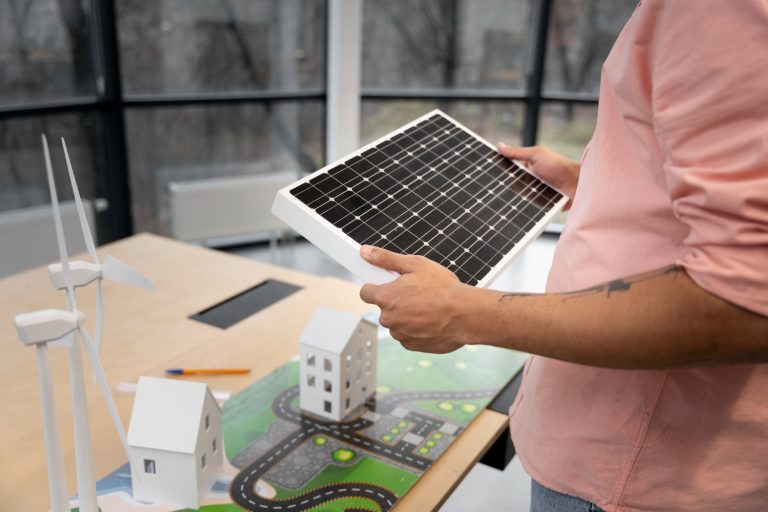Access to affordable and sustainable energy is a game-changer for rural communities, especially those reliant on agriculture. For decades, farmers in remote areas have faced significant challenges due to unreliable or expensive energy sources like kerosene and diesel. Solar energy is now emerging as a beacon of hope, offering a clean, cost-effective, and eco-friendly solution to these longstanding issues. By replacing kerosene lamps, powering irrigation systems, and running essential agricultural machinery, solar systems are not only improving productivity but also paving the way for a more sustainable and prosperous future for rural agribusiness. This transformation is revolutionizing the way farmers cultivate, harvest, and store their produce, while fostering economic growth and environmental resilience.
Solar systems transform rural communities by addressing several challenges linked to energy access, cost, and environmental impact, particularly in the agriculture sector. Here’s how:
1. Replacing Kerosene Lamps
- Cost Savings: Solar lighting eliminates the recurring cost of purchasing kerosene, which can be a significant burden for rural households and farmers.
- Health Benefits: Kerosene lamps emit harmful fumes that pose health risks. Solar lighting provides a cleaner and safer alternative.
- Extended Productivity: With access to solar-powered lighting, farmers can work longer hours, plan better, and enhance efficiency in post-harvest tasks or small-scale processing.
2. Powering Irrigation Systems
- Water Accessibility: Solar-powered water pumps enable consistent access to water for irrigation, even in remote areas with no grid electricity.
- Cost-Effective: Unlike diesel pumps, solar pumps have low operational costs since they harness free sunlight, reducing fuel expenses.
- Sustainability: Solar irrigation systems encourage responsible water usage and reduce dependence on non-renewable energy sources, supporting long-term agricultural growth.
3. Running Agricultural Machinery
- Enhanced Mechanization: Solar systems can power essential machinery like grinders, threshers, and cold storage units, which are critical for efficient farming and preserving produce.
- Reducing Operational Costs: Solar energy minimizes dependence on expensive fuels, making machinery more affordable for smallholder farmers.
- Empowering Agribusiness: Reliable solar power fosters value addition (e.g., turning raw produce into market-ready products), boosting rural incomes and market competitiveness.
4. Improved Productivity and Sustainability
- Higher Yields: With reliable irrigation and machinery, farmers can grow crops more consistently and improve yields.
- Environmental Impact: Solar systems reduce carbon emissions and reliance on fossil fuels, aligning with global sustainability goals.
- Community Growth: Energy access from solar systems supports education, healthcare, and entrepreneurship, creating a ripple effect of development in rural areas.
By integrating solar solutions, rural communities and agribusinesses are becoming more self-reliant, sustainable, and better equipped to tackle future challenges. RichPhytocare plays a vital role in this transformation by offering affordable and eco-friendly lighting solutions that replace harmful kerosene lamps. Additionally, their solar systems empower agribusinesses by providing reliable energy to power irrigation systems and agricultural machinery, driving productivity, and fostering long-term economic and environmental sustainability. Together, these advancements illuminate a brighter and more prosperous future for rural communities.






